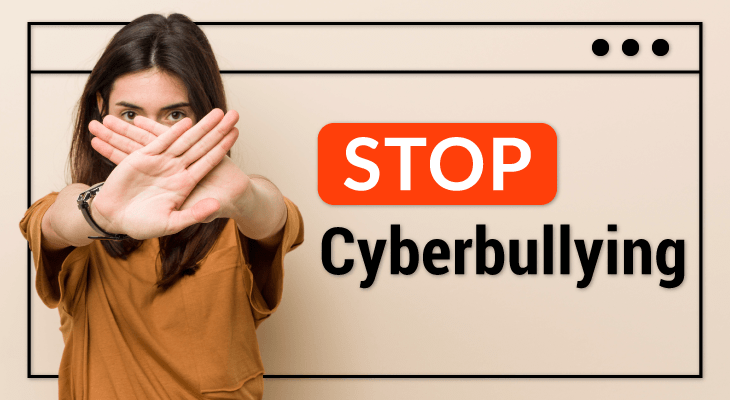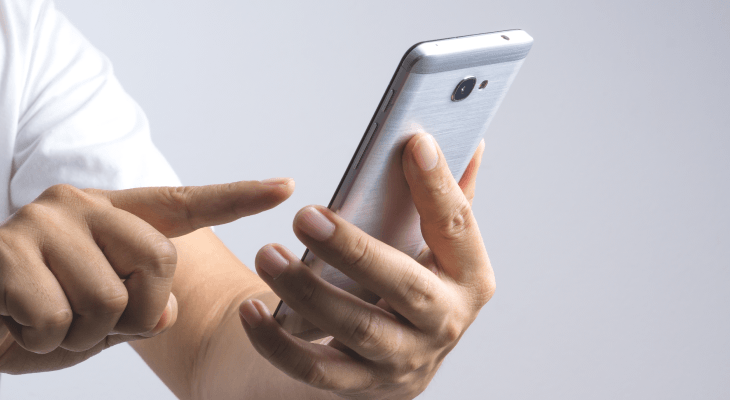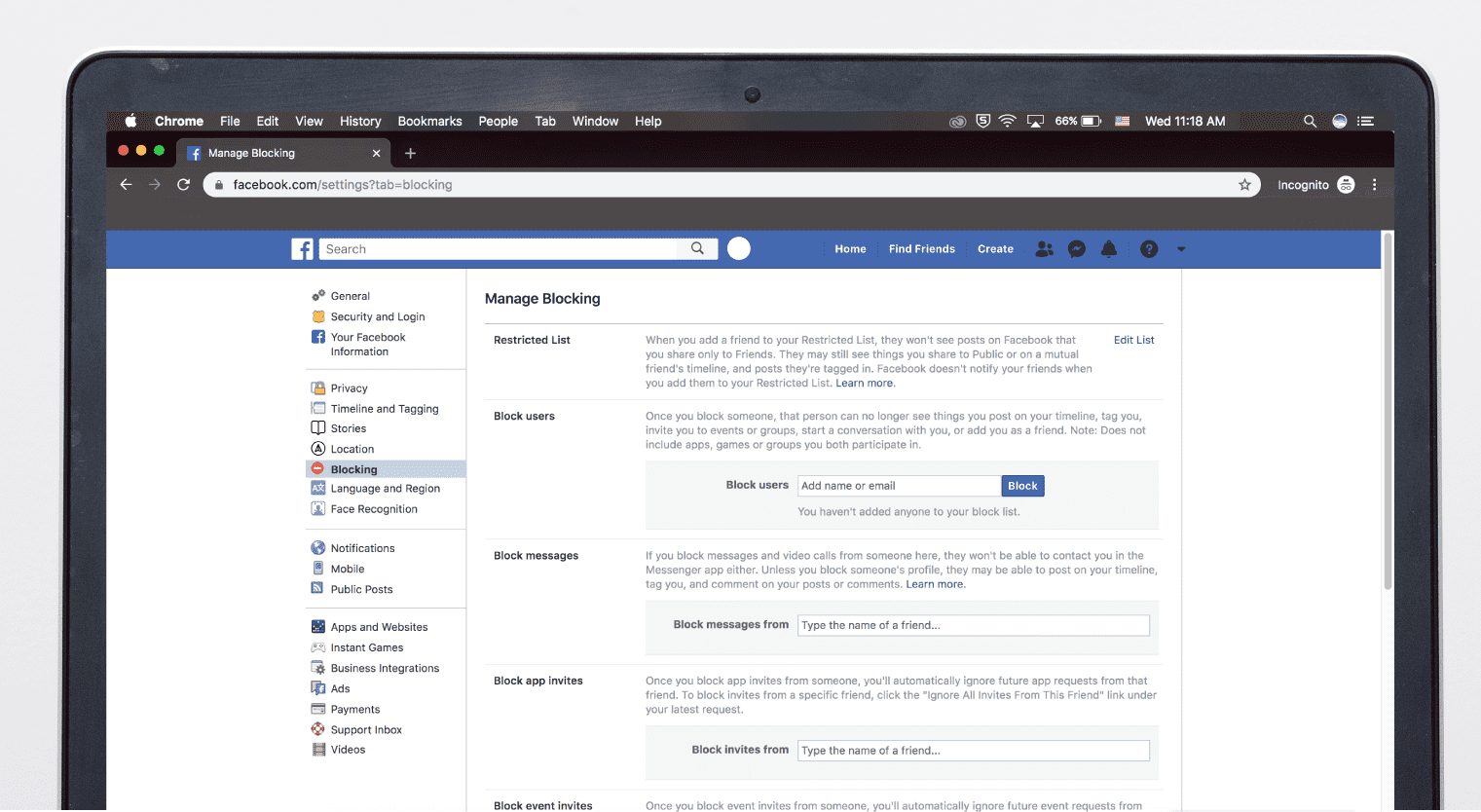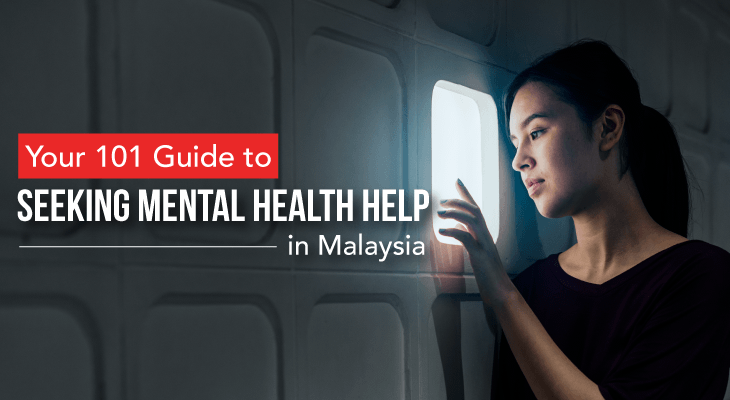Cyberbullying: How to Cope With Online Bullies
Are you a victim of online bullying? Here’s what you can do when someone is posting harmful and negative content about you.
Published 13 Nov 2019

Bullying isn’t just physical anymore. According to a poll by UNICEF, 3 out of 10 young Malaysians have been a victim of cyberbullying, with the majority of it occurring on social media. Its effects are so distressing that 1 in 5 choose to skip school because of it.
Celebrities aren’t immune either. The apparent suicide of K-pop star Sulli, a former member of the girl band f(x), was suspected to be due to online harassment.
If you’re a target of online bullying — whether you’re being harassed, humiliated or threatened — you may feel isolated and scared. But don’t lose hope. In this article, we explore what you can do when people post negative and harmful content about you.
#1. Ignore and avoid responding

If someone is constantly harassing you online and bombarding you with negative comments, you may feel the need to defend yourself.
However, resist the urge to retaliate or worse, start your own cyberbullying campaign against the bully. This will only escalate the situation and make things worse. Moreover, if your comments are excessively negative, it may be viewed by others as bullying as well and people may start to take sides with your bully.
#2. Record the evidence

Whether the bullying is a post on Instagram or a private WhatsApp message, it’s crucial to keep evidence of it as it will be hard to make a complaint if you do not have proof. This is especially since technology has made it easy for people to edit and delete their messages.
Start by taking screenshots of the evidence and keeping it safe. Take note of all the dates and times and write detailed notes about what happened. Use factual descriptions (e.g. “He posted this about me, which is not true”) and refrain from using emotional language and personal commentary (e.g. “This jerk lied to everyone about what really happened”).
From there, it will be much easier for you to report to the authorities.

#3. Block your cyberbullies

If the bullying becomes excessive and persistent, most social media services allow you to block someone to avoid harassment and spam.
Sometimes, a cyberbullying campaign may involve a number of people and may have more than one ringleader. Don’t be afraid to block all of them. If you fear that they may retaliate, don’t worry — they will not be notified. While it may not necessarily end the bullying (they may still be able to find ways to get to you), you’re likely to see fewer messages.
At the same time, you can also use the “report” function on social media sites to inform the provider of abuse and harassment.
Apply for university with EduAdvisor
Secure scholarships and more when you apply to any of our 100+ partner universities.
Start now#4. Change your privacy settings

Do you really want the whole world to see what you’re posting online?
Limit the amount of information and personal details people can learn about you by being selective of who can see it. You can do this by setting your profile to private so that they can only be viewed by friends or followers only. It’s totally okay and much safer to hide your accounts from showing up on a Google search. Popularity doesn’t mean anything if you’re not safe online.
In addition, be on the alert when strangers want to connect with you on social media. There have been many cases where hackers and scammers set up fake online profiles for nefarious reasons. As a rule, only accept friend requests from people you know.
#5. Reach out and get help

Now that you’ve taken measures to protect yourself from potential attacks, seek help. Talk to someone you trust — a teacher, parent or counsellor — about the abuse and harassment you received. You have the right to recover and be heard.
There are also a number of organisations that you can call to get help:
- Befrienders Kuala Lumpur (03-7956 8145)
- Talian Nur (15999)
- All Women's Action Society (AWAM) Telenita Helpline (03-7877 0224)
If the bullying has greatly affected you, prioritise your mental health and wellbeing. Do not rush recovery or compare your experiences with others either. Everyone copes with trauma differently and heals at their own pace. Take it easy and don’t feel bad if you think recovering is taking longer than you expected.

#6. Log off and enjoy the offline world

Sometimes, distance is the safest barrier you can build between you and the bullies.
Turn off your devices and take a break from the internet. Go for a run, read a book or take up a new hobby, whatever it is that you enjoy doing. Remind yourself that there’s more to you and your life than what your bullies have been saying about you.
You can also take this opportunity to spend time with your family and connect with friends who have been there to support you during this painful time. The power of loved ones can be an incredible boost to your self-esteem and mental health.
Remember that it’s not your fault that you’re being bullied. The bully is the one with issues — not you. If you are being harassed and find yourself unable to cope, reach out for help and speak to someone you trust. You don’t have to go through it alone.






